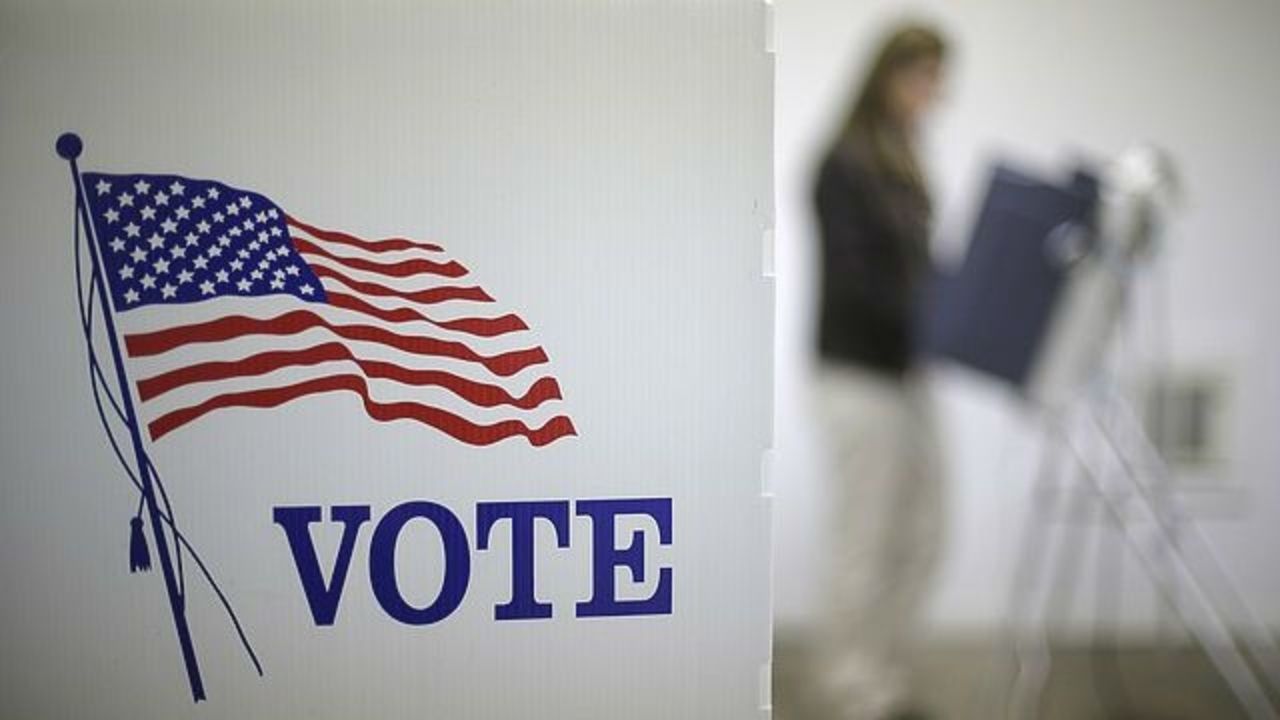FRANKFORT, Ky. — After an almost two hour debate a bill requiring voters present photo identification to vote passed a House committee.
Senate Bill 2 is being championed by Secretary of State Michael Adams who campaigned on the voter photo ID. A House committee substitute included some changes from the version that passed by Senate, including allowing the photo ID to be from other states.
Secretary Adams maintains this bill is not meant to suppress any voters but make sure elections are secure which he says is a reason they will provide a free government ID to any voters who are not able to afford one.
The Louisville Chapter of NAACP, however, says ID will still be out of reach for many Kentuckians.
“The reality is that free ID’s are not really free. For example, a birth certificate is required to get an ID to exercise the most fundamental right— the right to vote and one must pay and now we have said if you do not have one, then to obtain one then the state will have imposed indirectly the equivalence of a poll tax something all of us thought was outlawed by the Voting Rights Act,” said Raymond Burse, with NAACP. “For the poor, the elderly, some minority and rural living people no matter how low the cost you will have imposed a hurdle which is a hindrance to their participation in our democracy.”
Voters would be allowed to use a social security or credit or debit card instead of a photo ID as long as they sign a voter affirmation statement identifying a “reasonable impediment” to having a photo ID, that statement would go to the Commonwealth's and county attorneys for review.
Those without any type of ID can cast a provisional ballot but will have to return to the county clerk's office within three days of the election with an ID and sign a statement declaring their reasonable impediment.
Those impediments include lack of transportation, inability to afford a copy of a birth certificate or other documents needed to show proof of identification, work schedule, lost or stolen ID, disability or illness, family responsibilities, proof an ID has been applied for but not yet obtained, or religious exception to being photographed.
Prominent election law professor Josh Douglas told the committee despite several changes being made to the bill more needs to be done. Douglas says he would like to see the reasonable impediments include a catch-all provision and have language relating to birth certificates changed to include those who may be able to afford a birth certificate but might not be able to get one in time for the election. Douglas also took issue with the voter affirmation statements being forwarded to the county and Commonwealth's Attorney he believes this will cause some people to just not vote.
He also doesn’t believe having photo ID laws make elections any more secure.
“I don’t think photo ID laws are necessary, to begin with, because they are a solution in search of a problem they don’t provide any more benefits,” he said. “A lot of people say this will make people feel more secure about an election, well some people did a study to actually ask how secure do you feel about your elections, and what they found is that voters in states with strict ID laws and voters in states without strict ID laws feel about the same, so at least in terms of the perception it doesn’t seem to do the trick.”
All organizations that testified against the measure requested the implementation date of the bill is moved back to 2021 instead of November 2020 but Adams says that’s not something he wants to do.
“We’re not having elections in 2021, people aren’t paying attention to politics as much certainly at the state level so it’s easier for me to get that message out in an election year while people are paying attention to politics,” he said.
Democrats maintain this will cause voter suppression.
“It’s not about you getting the message out it’s about voting,” said Rep. Jeff Donahue, D-Louisville. “If we try to implement this prior to the 2020 election there is a guarantee that it will suppress votes.”
Democrats tried to stall passage of the bill and made a motion to have the bill passed over for a vote to allow some of the suggested changes to be made to the measure but the motion was defeated on a party-line vote.
The measure passed out of committee 11-7 on a party-line vote it now heads to the House where it could see some additional changes.



